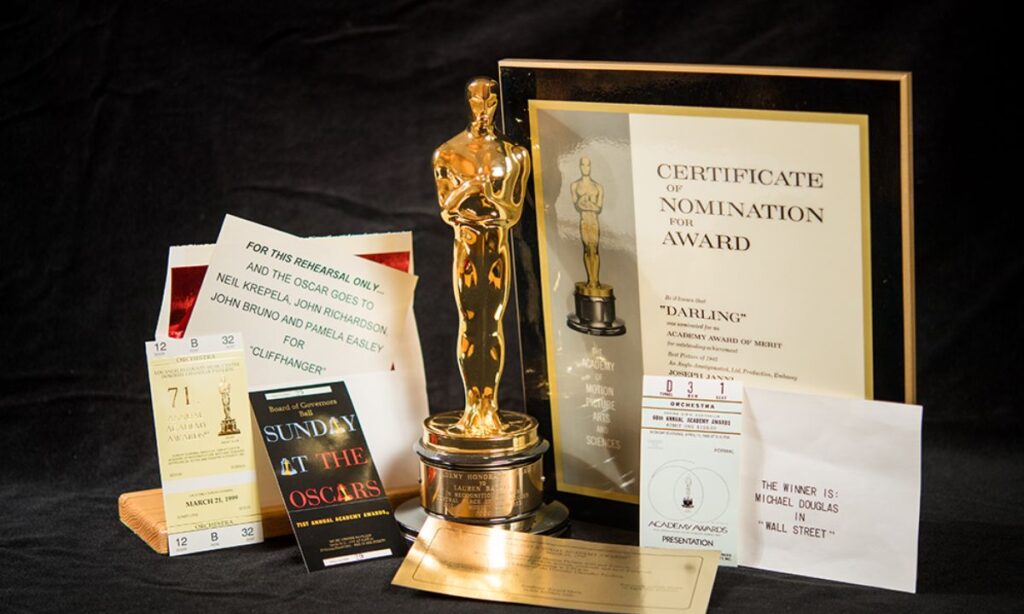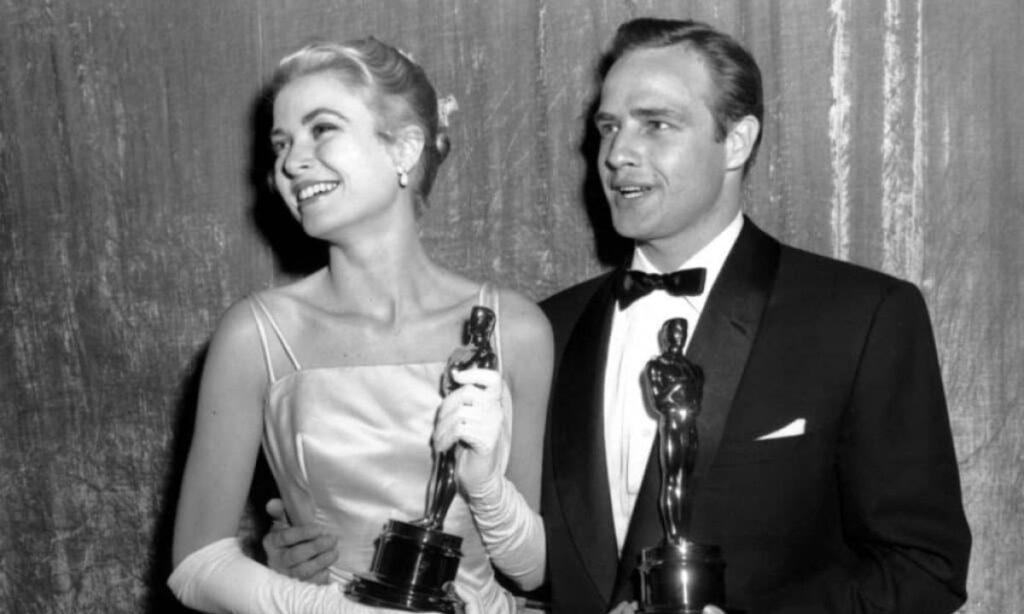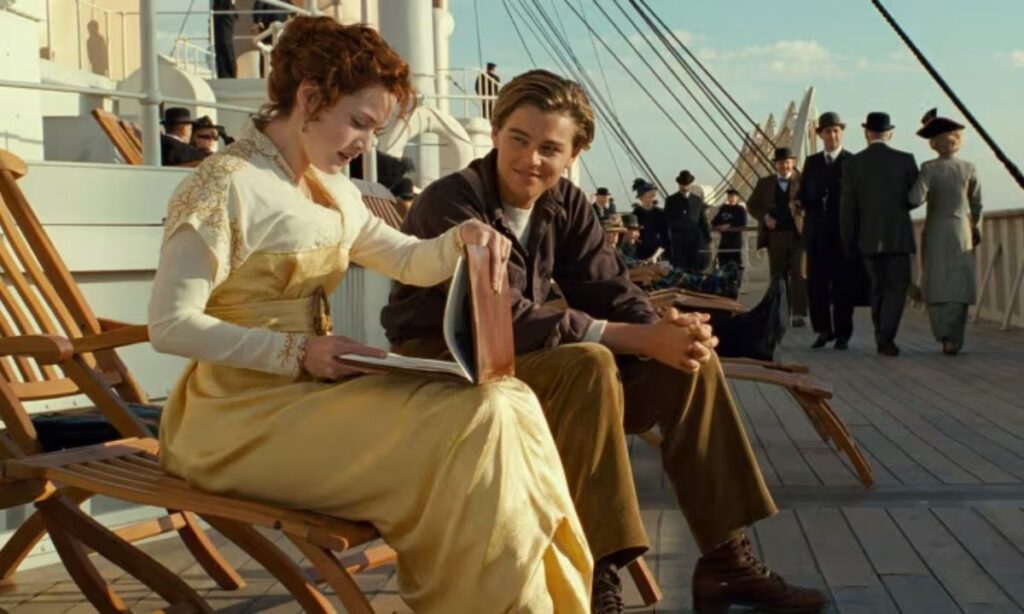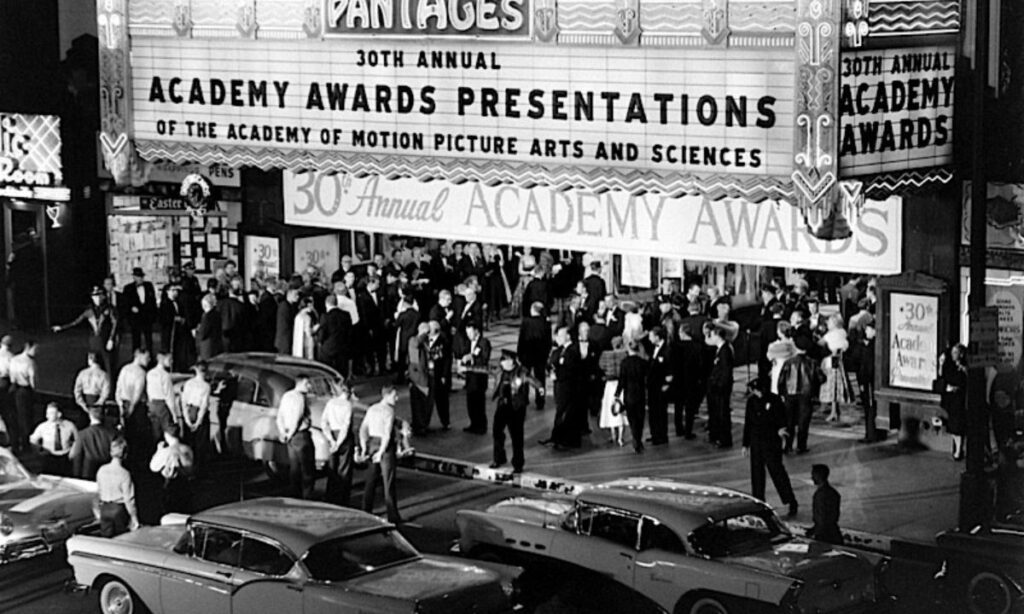The Academy Awards, commonly known as the Oscars, represent one of the most prestigious and recognizable events in the global entertainment industry. This annual ceremony, organized by the Academy of Motion Picture Arts and Sciences (AMPAS), honors outstanding achievements in the film industry, including directing, acting, writing, and more.
The Oscars have a rich history that reflects cinema’s evolution and Hollywood’s changing landscape. In this article, we delve deep into the fascinating history of the Academy Awards, tracing its origins, milestones, controversies, and impact on industry and popular culture.
The Origins of the Academy Awards
The Academy Awards were conceived in the late 1920s to bring together the rapidly expanding film industry under one prestigious event. The idea originated with Louis B. Mayer, head of Metro-Goldwyn-Mayer (MGM), who wanted to create an organization that would mediate labor disputes and improve the film industry’s image. In 1927, Mayer and several other prominent industry figures, including Douglas Fairbanks, Mary Pickford, and Sid Grauman, founded the Academy of Motion Picture Arts and Sciences.

The first Academy Awards ceremony took place on May 16, 1929, at the Hollywood Roosevelt Hotel, with just 270 guests in attendance. Unlike today’s elaborate ceremonies, the first Oscars were a private dinner event, and the winners were announced three months in advance.
The Evolution of the Academy Awards Ceremony
Over the years, the Academy Awards ceremony has undergone significant changes, evolving from a simple dinner event into a globally televised spectacle watched by millions. The first televised Oscars took place in 1953, bringing the glamour and excitement of Hollywood into living rooms across America. This marked a turning point in the history of the awards, as television helped to solidify the Oscars’ status as a major cultural event.

The ceremony’s format has also evolved, with the introduction of various categories to recognize different aspects of filmmaking. In the early years, there were only 12 categories, but today, there are 23 competitive categories, including Best Picture, Best Director, Best Actor, and Best Actress. The expansion of categories reflects the growing complexity of the film industry and the need to recognize the contributions of a broader range of professionals.
Memorable Moments and Milestones
Throughout its history, the Academy Awards have been the site of many memorable moments and milestones that have left a lasting impact on the film industry and popular culture. Some of the most iconic moments include Hattie McDaniel becoming the first African American to win an Oscar in 1940 for her role in Gone with the Wind, and Marlon Brando’s decision to decline his 1973 Best Actor award in protest of Hollywood’s portrayal of Native Americans.
Another significant milestone was the introduction of the Best Animated Feature category in 2001, which recognized the growing importance of animated films in the industry. The first winner of this category was Shrek, a film that helped to redefine the possibilities of animation.
The Oscars have also been a platform for political and social statements. In 1973, when Marlon Brando won Best Actor for The Godfather, he sent Sacheen Littlefeather, a Native American activist, to decline the award on his behalf, protesting Hollywood’s treatment of Native Americans. In 2016, the #OscarsSoWhite movement brought attention to the lack of diversity among nominees, leading the Academy to implement significant changes in its membership and voting practices.
The Role of the Academy Awards in Shaping Film History
The Academy Awards have played a crucial role in shaping the history of cinema. Winning an Oscar can significantly boost a film’s visibility, box office performance, and critical acclaim. Films that win the Best Picture award often become cultural landmarks, influencing future filmmakers and setting new standards for the industry.

For instance, Gone with the Wind (1939), which won eight Oscars, including Best Picture, is still regarded as one of the greatest films of all time. Similarly, Schindler’s List (1993), which won seven Oscars, is widely recognized as a masterpiece of historical filmmaking. The Oscars have also helped to elevate the careers of actors, directors, and writers, with many going on to achieve lasting success after their wins.
Controversies and Criticisms
Despite its prestige, the Academy Awards have not been without controversy. Over the years, the Oscars have faced criticism for a lack of diversity among nominees, gender disparities, and the exclusion of certain genres from major categories. The #OscarsSoWhite controversy in 2015 and 2016 highlighted the underrepresentation of people of color in the nominations, leading to widespread calls for change.
The Academy has responded to these criticisms by implementing initiatives to diversify its membership and voting body. However, debates about the relevance and fairness of the Oscars continue, with some arguing that the awards do not always reflect the best of cinema but are instead influenced by industry politics, marketing campaigns, and trends.
Another ongoing criticism is the Oscars’ treatment of international films. While the Best International Feature Film category (formerly Best Foreign Language Film) recognizes non-English language films, some argue that these films should be considered for major categories like Best Picture. In 2020, Parasite made history by becoming the first non-English language film to win Best Picture, signaling a potential shift in the Academy’s approach to international cinema.
The Future of the Academy Awards
As the film industry continues to evolve, so too will the Academy Awards. The rise of streaming platforms, the impact of the COVID-19 pandemic, and changing audience tastes are all factors that will shape the future of the Oscars. In recent years, the Academy has faced challenges in maintaining its relevance and appeal, with declining viewership and growing competition from other award shows.
However, the Oscars remain a powerful symbol of excellence in filmmaking, and their influence on the industry is undeniable. As the Academy continues to adapt to the changing landscape of cinema, it will be interesting to see how the Oscars evolve in the coming years and what new milestones and moments will be added to its storied history.

